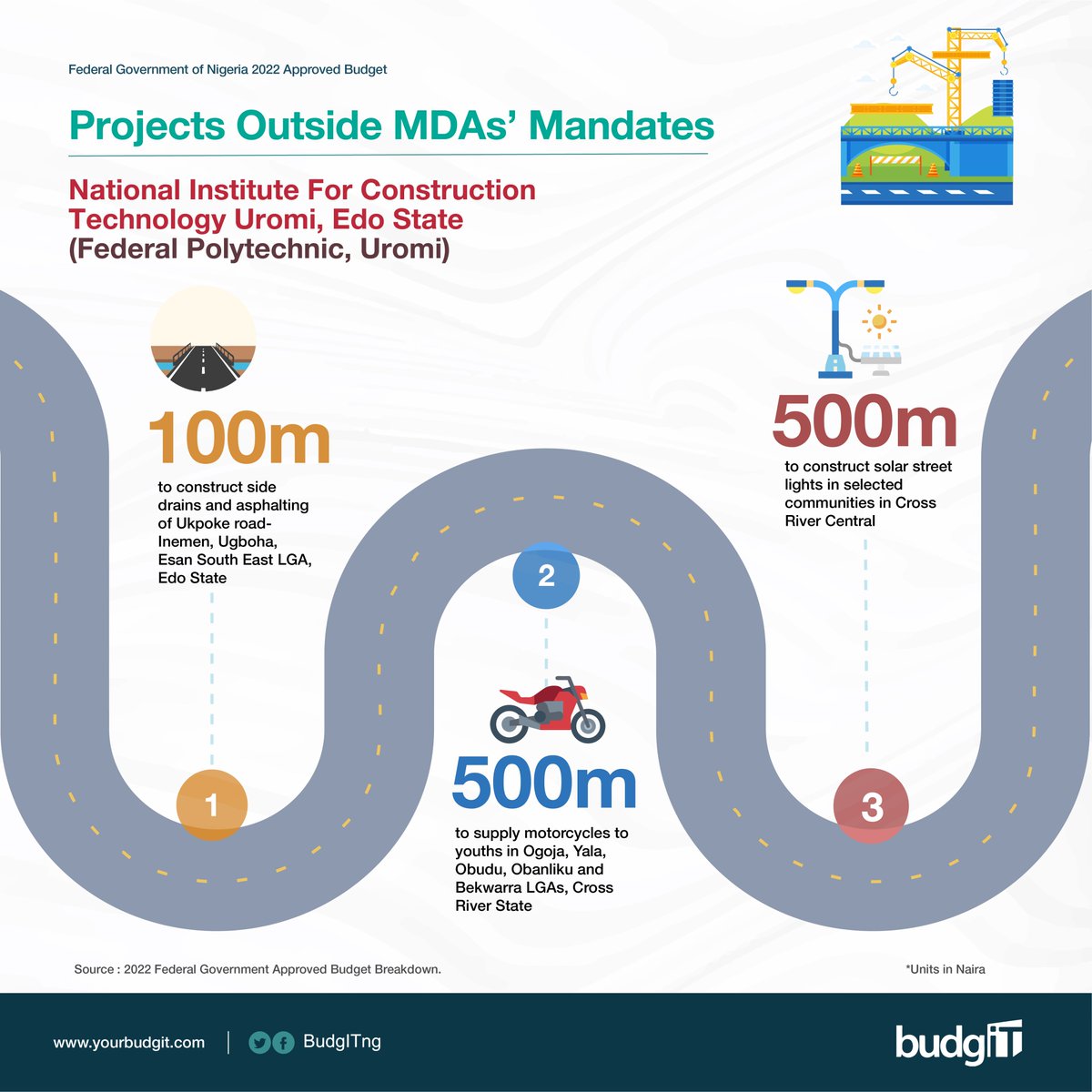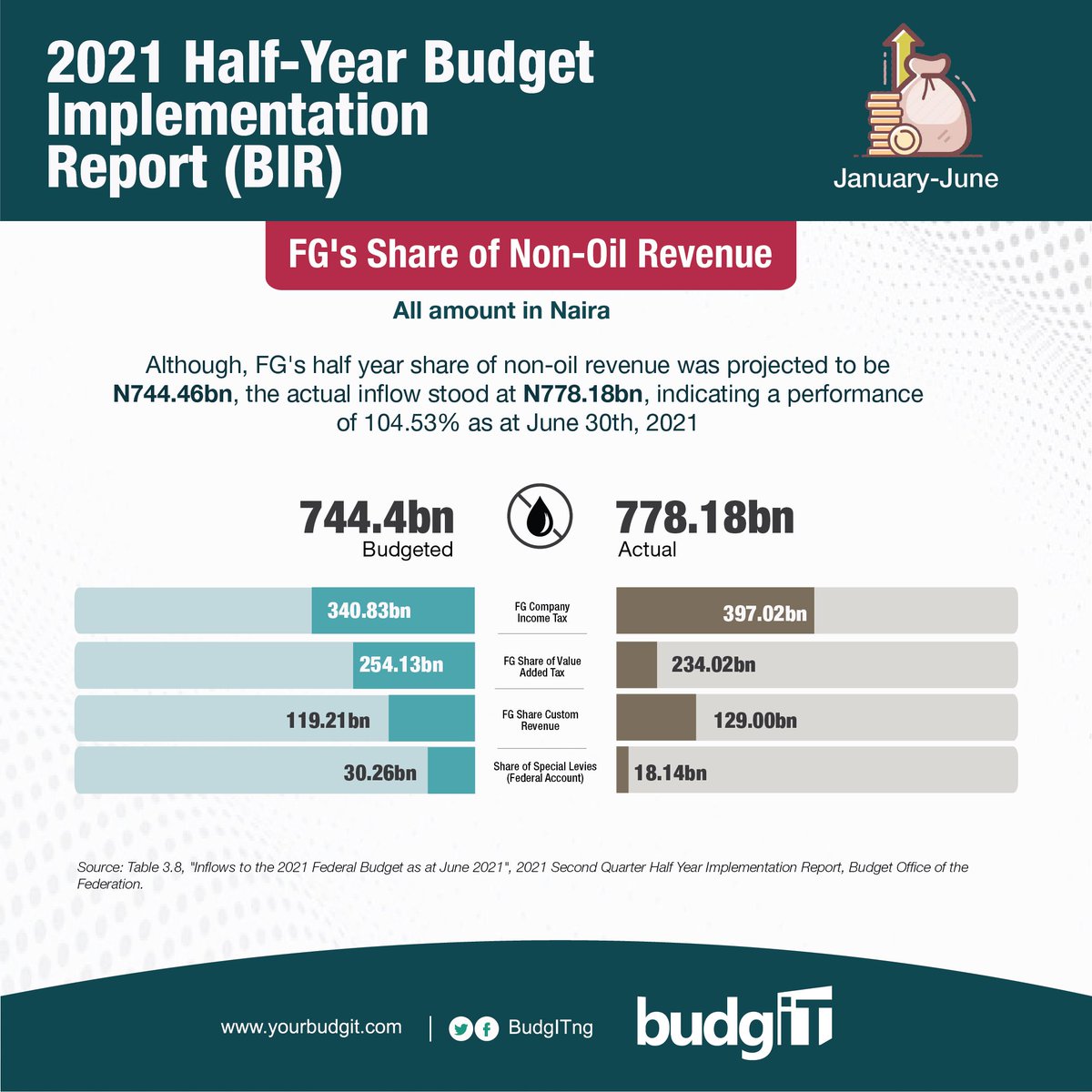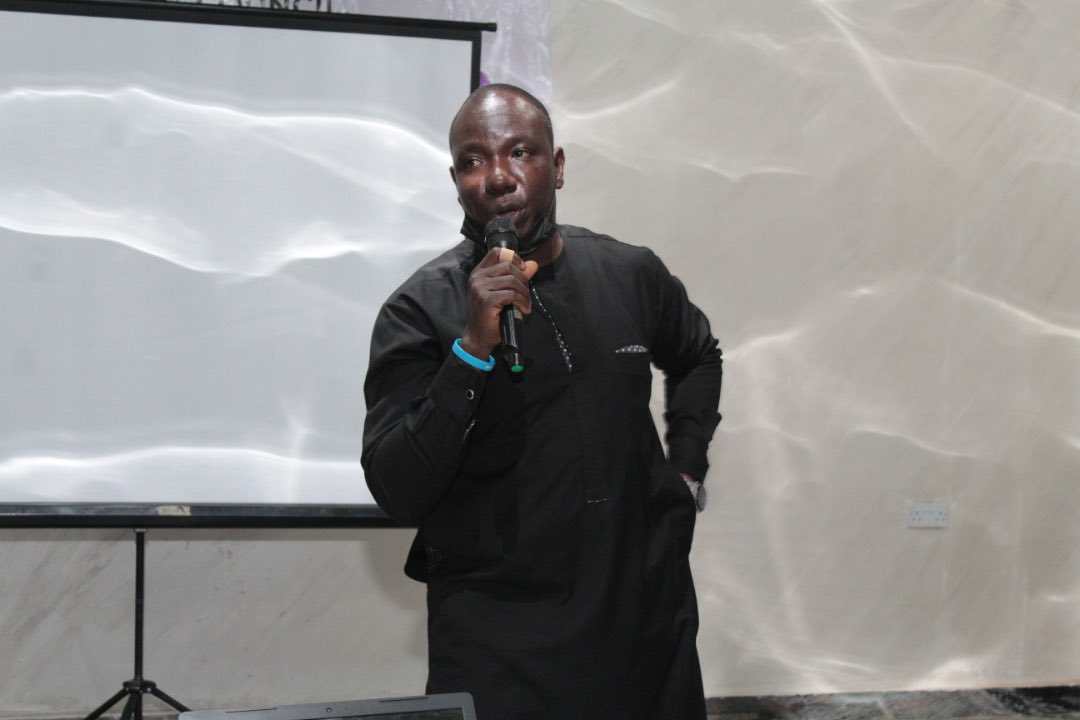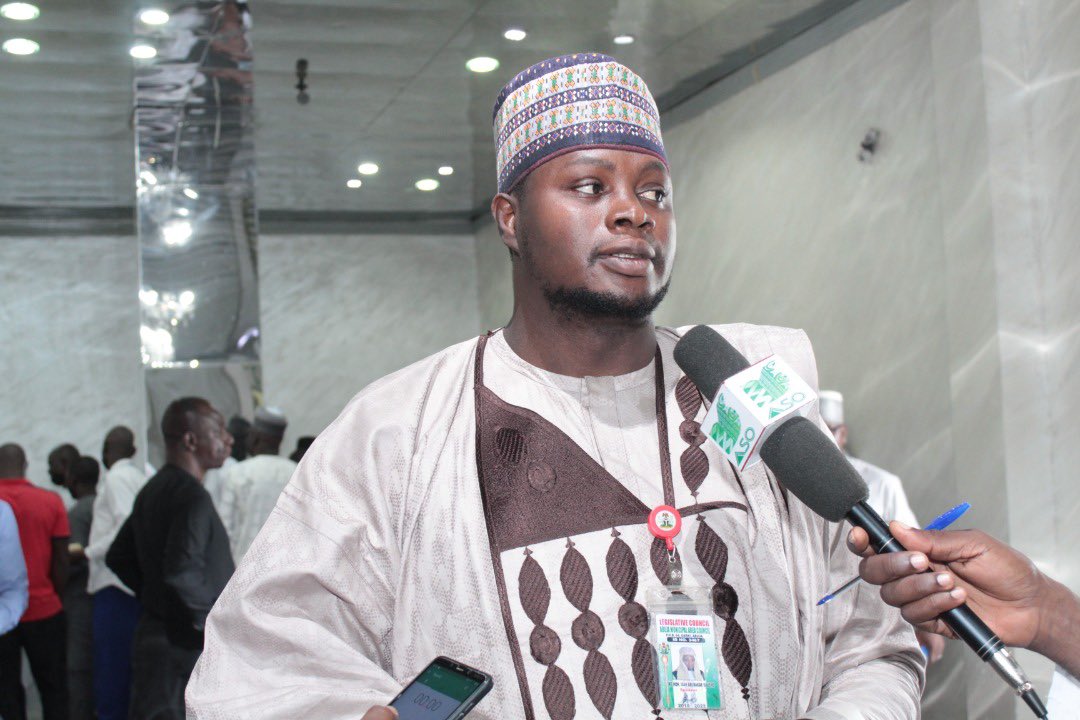
Hello Nigerians,
@nassnigeria plans to allocate N1.45bn to NSPRI & NCAM, two agencies in Ilorin, to construct the "Femi Gbajabiamila Public JSS" in Lagos.
Both agencies have no business supervising the staffing of a school in Lagos when the country has a @nigeducation.
Thread!
@nassnigeria plans to allocate N1.45bn to NSPRI & NCAM, two agencies in Ilorin, to construct the "Femi Gbajabiamila Public JSS" in Lagos.
Both agencies have no business supervising the staffing of a school in Lagos when the country has a @nigeducation.
Thread!

We also found a N1bn allocation to the Nigerian Institute of Marine & Oceanography to install street lights in Delta Central Senatorial District, represented by Senator @OvieOmoAgege.
We would like to state that the provision of street lights is outside this agency's mandate.
We would like to state that the provision of street lights is outside this agency's mandate.

N200m was allocated to the Industrial Arbitration Panel to install streetlights in Yobe North Senatorial District, represented by the Senate President, Hon. @AhmedLawan_019.
Again, this agency & others have no mandate to implement contracts for which they have allocations.
Again, this agency & others have no mandate to implement contracts for which they have allocations.

Equally worrisome is the N20.87bn allocation to the State House HQ to construct the presidential wing at the statehouse medical centre. Meanwhile, the @NphcdaNG, an agency with over 27000 Primary Healthcare Centres under its care, got the same N20.87bn for its capital budget. 

Speaking of other projects outside MDAs' mandates, the Federal College of Dental Technology & Therapy, Enugu got an allocation of N150m to renovate selected blocks of classrooms in Ikirun, Osun State.
Why?

Why?


The Federal Polytechnic, Ukana, Akwa Ibom, also had an allocation of N100m to fund medical outreach and provide prescription glasses in Ogunoloko, Oshodi/Isolo, Lagos.
Also, N500m was earmarked to the Federal Polytechnic, Uromi, to supply motorcycles to 5 LGAs in Cross River.

Also, N500m was earmarked to the Federal Polytechnic, Uromi, to supply motorcycles to 5 LGAs in Cross River.


Also worrisome is the numerous recurrent items classified under CAPEX.
E.g, the N100m allocated to the Federal Ministry of Transport for the annual retreat of Hon. Ministers & the N41.5m earmarked for NACA's board meeting activities were captured under CAPEX.
E.g, the N100m allocated to the Federal Ministry of Transport for the annual retreat of Hon. Ministers & the N41.5m earmarked for NACA's board meeting activities were captured under CAPEX.

This is not all, numerous meetings were also classified under CAPEX.
Instances - N28.9m allocated to the Federal Ministry of Info for quarterly interaction meetings with foreign media, & the N48.8m allocated to the same ministry to attend Ministers' conference in Edinburgh.
Instances - N28.9m allocated to the Federal Ministry of Info for quarterly interaction meetings with foreign media, & the N48.8m allocated to the same ministry to attend Ministers' conference in Edinburgh.

On duplicated projects,
We found 155 project line items that occurred more than once within the same agency or an external agency - and 306 capital projects that had their otherwise unique identifiers (ERGP Codes) duplicated across multiple projects.👇
We found 155 project line items that occurred more than once within the same agency or an external agency - and 306 capital projects that had their otherwise unique identifiers (ERGP Codes) duplicated across multiple projects.👇

Another instance is the N20.5bn earmarked for Multilateral/Bilateral project-tied loans and the N20m earmarked for the supply of computer and generators to selected schools in Bayelsa.
Both line items were linked to the same ERGP code.
Both line items were linked to the same ERGP code.

Please note that flagging projects in this specific category is not necessarily a commentary on the importance of that project. It is to emphasize that what citizens think is going to be FG’s total spending on capital infrastructure... 



- as announced by the federal government - is indeed not the case as a significant number of projects listed as CAPEX are indeed not infrastructure
investments.
investments.
BudgIT is aware that the budget is currently with the National Assembly for review.
We call on the citizens, CSOs, private sector, and the international community to urgently prevail on the National Assembly and Presidency…
We call on the citizens, CSOs, private sector, and the international community to urgently prevail on the National Assembly and Presidency…
…to immediately redress and eliminate these violations in the FG’s 2022 Approved Budget to ensure public funds work for all Nigerians and not for a privileged few politicians.
#AskQuestions #GetInvolved
#AskQuestions #GetInvolved
• • •
Missing some Tweet in this thread? You can try to
force a refresh






















